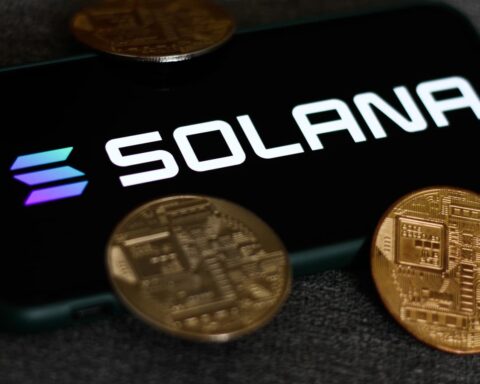An Australian federal court has seemingly drawn a nuanced line regarding crypto-yield products, ruling that while products promising a managed yield will require a financial services license, “pass-through” decentralized-finance (DeFi) products may not.
In an order dated February 9, federal court judge Ian Jackson ruled that Block Earner would face penalties over its “Earner” product offering in 2022, which provided yield for loans denominated in USD Coin, Bitcoin (BTC), Ether, and PAX Gold (PAXG), stating that it needed to obtain an Australian Financial Services License (AFSL).
However, Jackson refrained from categorising Block Earner’s DeFi “Access” product similarly, explaining that it did not operate under a managed investment scheme and, therefore, no AFSL was required.
“The Court’s decision carries nuanced implications for Block Earner and the broader crypto industry in Australia,” Block Earner stated on February 9.
“The decision provides guidance to the industry as to the applicability of Australian financial services laws to crypto-related products and services.”
The case was initiated by the Australian Securities and Investment Commission (ASIC), which alleged that both Block Earner’s Access and Earner products violated corporation laws.
In an interview with Cointelegraph, Piper Alderman digital asset lawyer Michael Bacina clarified that Access was simply a pass-through to decentralized finance (DeFi).
“The Earner product involved a representation that users’ crypto would be used to generate a return (but users would only receive a fixed interest amount),” said Bacina.
Meanwhile, the Access product does not depend on Block Earner generating a return at all and is “completely dependent on Aave or Compound,” he added.
The crucial aspect to examine lies in how these products are marketed, Bacina emphasised.
“The takeaway for Australian crypto businesses is how important it is that marketing and representations clearly align and that the features of products are very carefully considered.”
READ MORE: Crypto News Today: Spot Bitcoin ETFs Surpass $1 Billion in Daily Trading Volume
The Earner product operated from March 17, 2022, to November 16 of the same year.
Block Earner confirmed to Cointelegraph that it terminated the Earner product before proceedings commenced and that the findings do not affect any of Block Earner’s current products.
In a statement, Block Earner said the dismissal of ASIC’s case against Access “is an important development in showing how DeFi can coexist with Australia’s regulatory frameworks, paving the way for further development and adoption of DeFi solutions.”
Aaron Lane, a senior research fellow at the Royal Melbourne Institute of Technology’s Blockchain Innovation Hub, believes the Australian Treasury’s proposed legislation for the crypto sector is likely to impose licensing conditions on Block Earner, should it be passed.
ASIC will now seek orders from the court imposing monetary penalties. The proceedings have been listed for a case management hearing at 9.30 am on March 1, 2024.
ASIC said the decision was a step forward in protecting consumers from digital asset products.
“ASIC remains concerned that consumers do not fully appreciate the risks associated with products involving crypto-assets and today’s decision is an important step forward to ensuring there are appropriate protections for consumers.”
The securities regulator called on firms offering cryptocurrency products to “carefully consider” whether their offerings constitute financial products under the existing regime.
If products do fall under the definition of a managed investment scheme, firms should seek licensing before offering them, ASIC stressed.
Discover the Crypto Intelligence Blockchain Council




